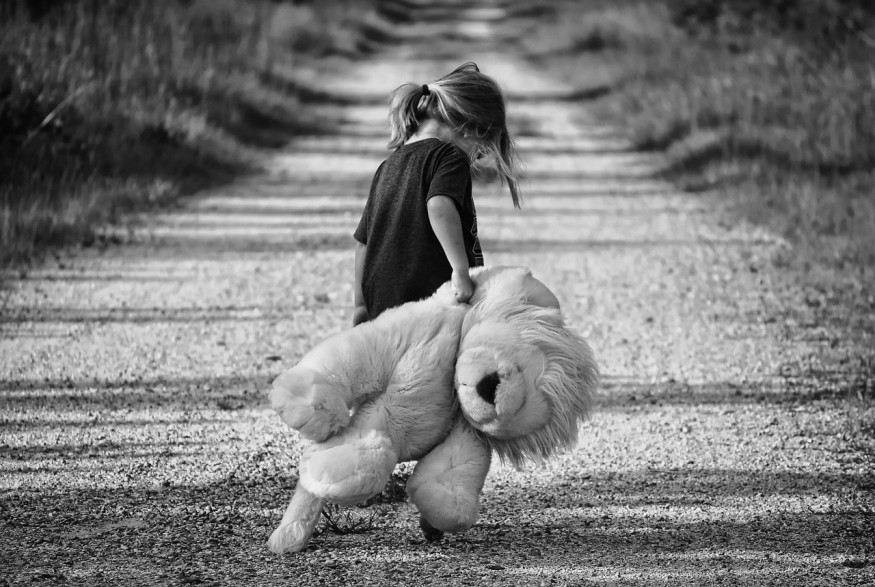
Childhood trauma can be deeply ingrained, especially when triggers are a constant presence. For many, the source of these triggers is their family, and overcoming this trauma may require more than just forgiving and forgetting.
Patrick Teahan, a licensed social worker from Massachusetts, advocates for cutting ties with family, particularly for those dealing with abusive parents. He believes that maintaining 'no contact' with toxic family members is essential for healing childhood trauma.
Teahan has built a significant following online. In addition to his therapy services offered through his website, he runs a YouTube channel with more than 700,000 subscribers. His videos have helped countless trauma patients navigate their pain and triggers
According to Teahan, restricting or severing ties with one's family can be 'brutally hard,' but it is deeply rewarding in the long run.
On his website, Teahan offers a 'Toxic Family Test' that anyone can take to measure their family's toxicity on a 100-point scale. He also provides numerous free resources for people beginning their healing and recovery journey from childhood trauma.
For those struggling to find the right words to initiate the process of cutting off their parents, Teahan offers a webinar detailing how to write a 'no-contact letter.' The letter includes the statement: 'I'm doing a family cutoff to get space to recover from this toxic and dysfunctional family.'
One person who followed Teahan's advice is Zhenzhen, who shared her story with the New York Times. Severing ties with her abusive parents brought her significant relief. They had been pressuring her to return to China, marry a wealthy man, and raise children near them.
Initially, Zhenzhen felt lonely after cutting off her parents upon graduation. However, she soon found relief, especially after connecting with her 'chosen family'-those who supported her decision wholeheartedly.
"I think he saved my life, in a way," she said of Teahan's work.
Although there is no extensive quantitative data proving that estrangement is increasing in modern society, research shows it has become relatively common for people in their 20s to distance themselves from their parents due to rifts or childhood trauma.
On the other hand, critics argue that there is no scientific evidence to prove that estrangement is beneficial since estranged children are likely to suffer when they lose access to emotional and financial resources. In addition, cutoffs can also harm other people involved in the situation, including siblings, grandchildren, and other family members.
But Teahan continues to advocate for this because he believes it's necessary to break the "cultural norm" and help people break free from abuse.
"The movement right now is that we can break a cultural norm. The structure is becoming undone around 'family is everything.' I think it's a good thing. It's helping people see things in a different way - that regardless of the connection, abuse is abuse."
Through his work, Teahan is changing the conversation around family and trauma, empowering individuals to take control of their healing journeys and find peace.
